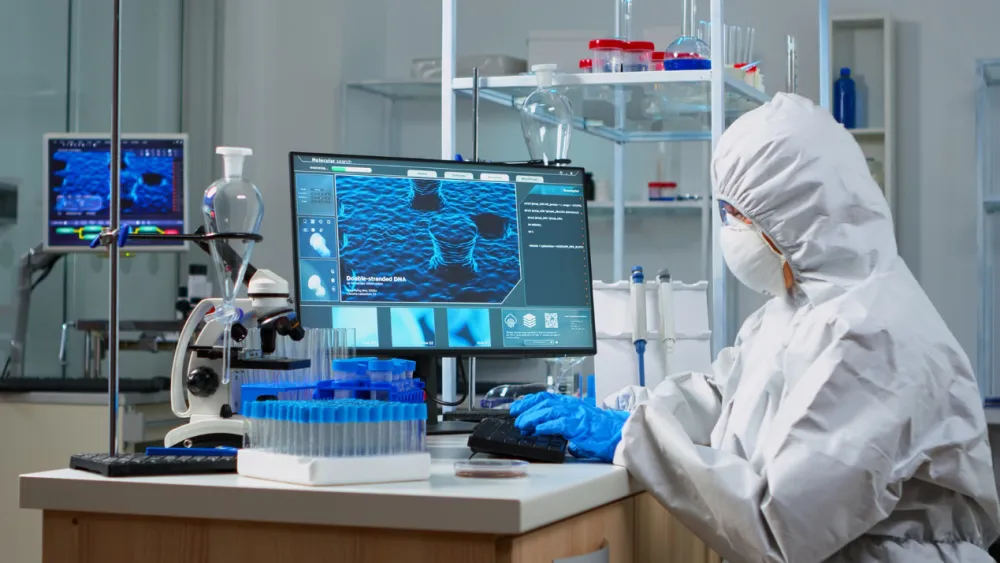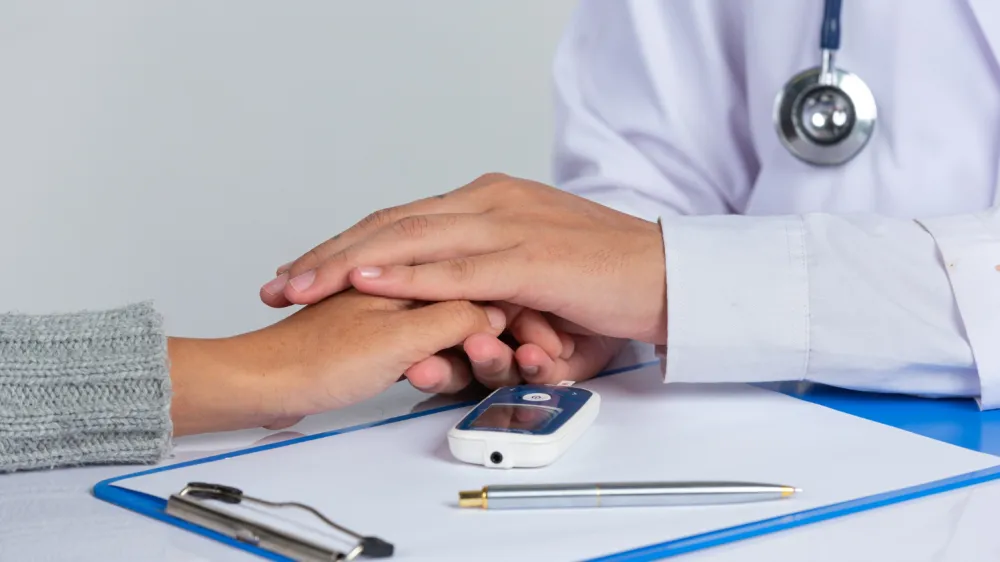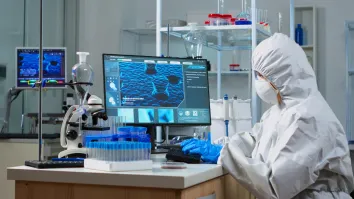
Oral cancer therapeutics market to grow to $1.61b by 2028
This growth is driven by rising cases of oral cancer worldwide.
The global market for oral cancer therapeutics is projected to increase by $1.61b from 2024 to 2028, with a CAGR of 10.03%, according to Technavio.
“The oral cancer therapeutics market is witnessing significant growth due to the rising prevalence of oral cancer and the need for novel therapeutics for its treatment,” the report stated.
“Whilst chemotherapy drugs are currently the primary treatment option, targeted therapies are gaining attention,” it added.
Innovations in patient-centric approaches, telemedicine, and remote monitoring are also reshaping oral cancer care delivery.
Organizations such as the Oral Cancer Foundation and advancements in dental technologies play pivotal roles in early detection and diagnosis, particularly amongst elderly populations who face heightened risks.
Common symptoms like root caries, mouth sores, and loss of appetite underscore the urgent need for improved healthcare infrastructure, ensuring widespread access to diagnostic biopsies and imaging tests.
The growth of the oral cancer therapeutics market faces challenges primarily due to the significant side effects associated with chemotherapeutic treatments, which are a major concern for patients.
Key challenges include inadequate healthcare infrastructure in developing countries, which limits early detection and treatment. Dental diseases can obscure oral cancer symptoms, complicating timely diagnosis.
The growing elderly population globally faces increased oral cancer risks, yet advanced treatment technologies are not widely accessible. Essential diagnostic tools like biopsies and imaging tests are also vital but can be invasive and costly.



















 Advertise
Advertise





